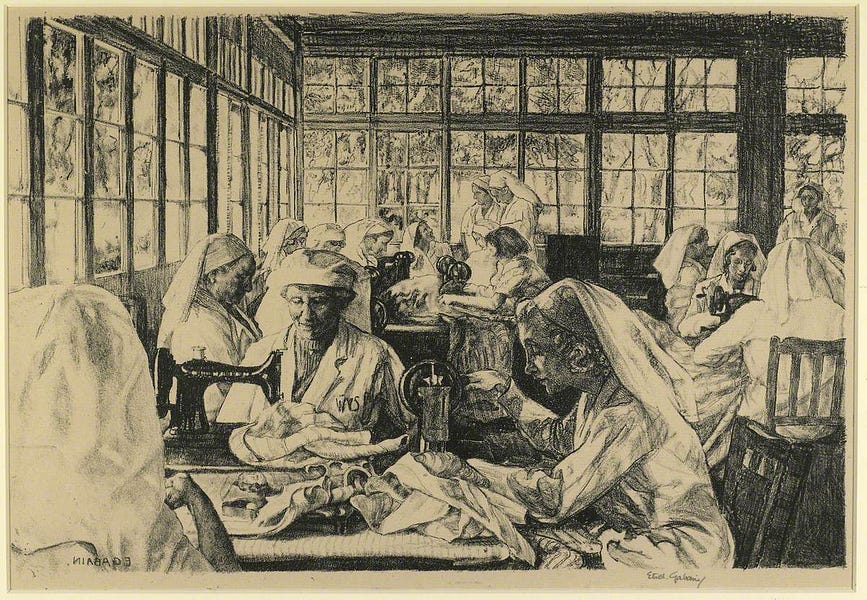Good Words: July '22

This is Good Words, and I'm Matt Civico, editor of Common Pursuits. Good Words is a monthly newsletter where I share, well, good words, and I hope you'll always find something worth considering here. Sometimes the newsletter is stuffed with links. Other times, I comment at length on a particularly noteworthy piece. And sometimes there'll be photos, art, a poem or maybe whatever song I've got on repeat at the moment.
Whatever I share, I do hope you find one piece to sit with and take something away – a wise word, an encouraging thought, or a challenging proposition – with you into your everyday.
The world is awash in words; let's find the good ones.
–Matt Civico
📚 Books
Aggressively Happy: A Realist’s Guide to Believing in the Goodness of Life
Back in the spring, I became an unlikely evangelist for a book with a title I initially found offputting. Now, I'm reading through it a second time and have become the sort of person who starts a book club because he liked a book so much and just had to talk about it – weird!
I hope you'll read my review linked above and buy a copy of Joy Clarkson's excellent book. Reading it is like getting coffee (in big comfy chairs) with a friend who knows how to give advice without telling you what to do.
🗞 Articles & Newsletters
We Really Should Hang Out More
Common Pursuits strongly supports talking to strangers for many of the reasons detailed in this piece, which approvingly quotes Jane Jacobs and Robert Putnam, two of our favourite thinkers on community.
...the simple act of spending time with new people can be an unnecessarily complex challenge.

'Tiny, Loving Interventions'
Do yourself a favour and subscribe to Gracy Olmstead's newsletter, Granola. This missive may be paywalled, but that's fitting. In it, Olmstead discusses the crisis of commitment that ails communities of all sizes as she works through Pete Davis' book Dedicated.
While many people today probably understand or value the presence of “kin” in their lives, we often forget (or haven’t ever experienced) the power of the extended associations of neighborliness that kith represents. “The idea of one’s ‘kith’—one’s good neighbors and old friends—has fallen by the wayside,” Davis writes. “But it’s a commitment to being faithful ‘kith’ that weaves communities together.”

It Takes a Village... Or Maybe a City Block
As a new parent, I can't imagine raising a child without two loving, dedicated extended families living in the same city. That, it seems to me, is the bare minimum. Having neighbours who are willing to help in a pinch, adult friends who don't treat children as inconveniences, and generous family leave and support are also things I wouldn't want to do without – and countless families do. Maybe communal living will make a comeback.
Everyone’s gotta put some skin in the game. No one makes it through the helplessness of infancy and childhood, the tumult of adolescence, the exploration and experimentation of early adulthood without care. If you’re reading this it’s because someone took care of you. Because you took care of yourself.

Numb and Numb-er
The ordinary. The scientific. The poetic. Each has something to commend itself to us. Yet, in a world that values precision, speed, and prediction, the scientific is valued to the exclusion of the others. What do we lose in the bargain?
...poetry is a kind of knowledge, and since knowledge is a synonym for science we could quite legitimately say – if we wanted to – that poetry is a branch of science.

Plough: Hope in Apocalypse
I was going to recommend an article from Plough’s summer issue, but the whole thing is just so good that you can’t go wrong. For history buffs, check out “The Sermon of the Wolf” by Eleanor Parker and, for the lovers of music, “At the End of the Ages Is a Song” by Joel Clarkson.
The world has always been ending one way or another. Yet, we “still keep singing”.










Member discussion